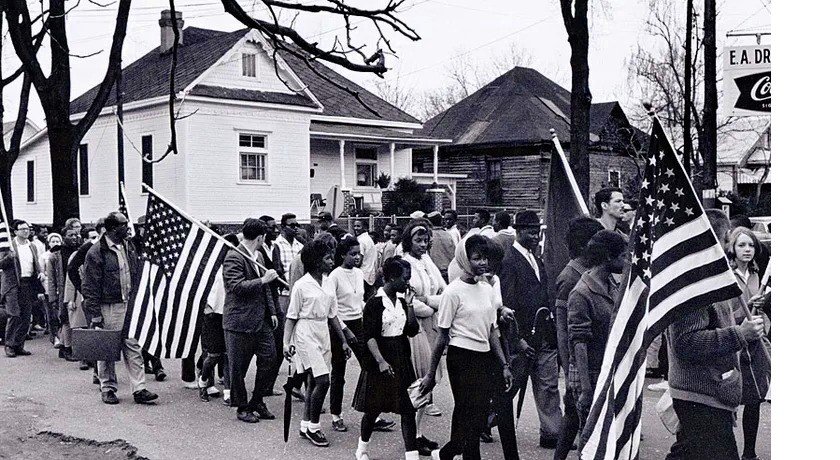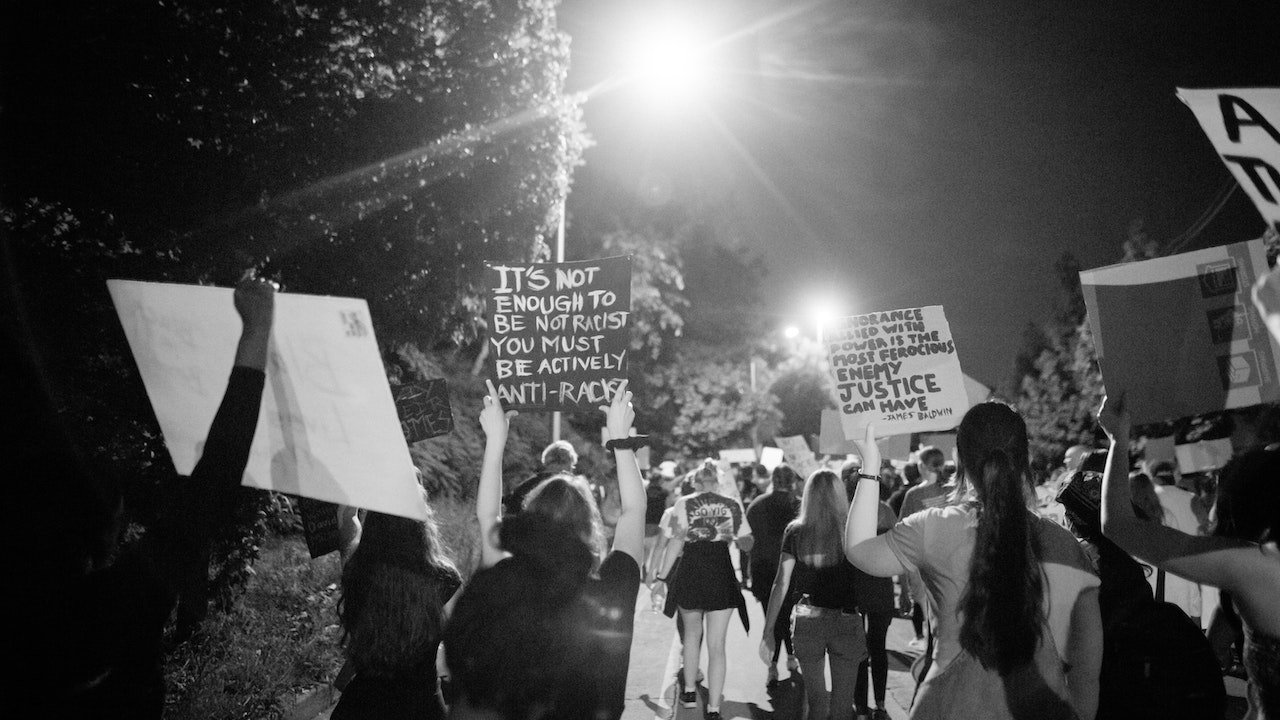The Impact of Civil Rights Laws on Society 2023


Background Information: The Fight for Equality
The lengthy and laborious fight for equality lies at the heart of the history of civil rights legislation in the United States. Numerous activists, politicians, and common people campaigned for the recognition and protection of fundamental human rights from the end of slavery to the civil rights movement of the 20th century.
Read More: How to Protecting Civil Rights in the Workplace 2023
How Important Civil Rights Laws Are
Civil rights legislation has fundamentally changed society. They have eliminated discriminatory practices, confronted ingrained injustices, and opened the path for a society that is both more accepting and just. Let’s look at some important areas where civil rights legislation has had a big impact.
Equal opportunity and economic empowerment
The development of economic empowerment and equitable opportunity is one of the fundamental effects of civil rights laws. These rules forbid discrimination in the workplace on the basis of protected traits like race, gender, and religion. Civil rights laws have opened doors for people from marginalized areas by guaranteeing equitable treatment in the workplace and promoting economic growth and upward mobility.
Education and Knowledge Access
Equal access to education has also been made possible by civil rights legislation. These rules protect students’ rights to education in an inclusive environment, forbid segregation in schools, and encourage diversity. Civil rights laws have enabled people to achieve their aspirations and make a positive contribution to society by removing barriers to education.
Participation in politics and representation
The encouragement of political representation and involvement is a crucial additional effect of civil rights laws. These laws work to secure people’s right to vote, prevent voter intimidation, and foster a more diverse political environment. Civil rights laws have amplified the voices of marginalized people and diversified the electorate by guaranteeing equitable access to the democratic process.
Equal Treatment and Social Justice
Social justice and equitable treatment have advanced thanks in large part to civil rights laws. They ensure that people are not refused services or opportunities because of their protected qualities in public accommodations, housing, and other spheres of social life. All people now have the right to be treated with respect and dignity because to these laws, which have helped to create a more inclusive society.
The Impact of Civil Rights Laws on Public Attitude
Civil rights laws have had a significant impact on influencing cultural norms and public opinion in addition to their legal ramifications. This legislation has spurred discussions, increased awareness, and prompted changes in society’s attitudes by addressing discriminatory practices. They have influenced how and helped to advance a more comprehensive understanding of equality.
Read More: Understanding Civil Rights Laws: A Comprehensive Guide 2023
Current Issues and the Battle for Equality
Even though equality has advanced significantly because of civil rights laws, problems still exist. Marginalized communities are nonetheless affected by discrimination and prejudice, and new kinds of inequality are developing. To build a truly equal society, it is crucial to continue being watchful, dealing with structural problems, and supporting the implementation and expansion of civil rights laws.
The Fight for Equality Continues
Despite the notable advancements brought about by civil rights legislation, the battle for equality is far from ending. There are still many issues that prevent a truly inclusive society from being realized. Communities all throughout the world are still plagued by discrimination based on race, gender, religion, sexual orientation, and other protected traits. It is essential to confront these persistent problems and work towards a future that is just and equitable.
Taking Systemic Racism Seriously
The issue of systemic racism is still widespread in many societies. Marginalized communities are disproportionately affected by structural impediments and discriminatory practices, which perpetuate inequality and restrict possibilities. By opposing discriminatory practices, supporting affirmative action, and encouraging diversity and inclusion in all facets of society, civil rights legislation plays a critical role in eradicating systematic racism.
Diversity in Discrimination and Intersectionality
Intersectionality is a notion that acknowledges how discrimination can take several different forms at once. A person might experience prejudice based on both their race and gender, for instance. Civil rights rules must take into account these intersecting identities and guarantee that everyone is protected, regardless of the particular confluences of traits they may have.
Taking Care of Socioeconomic Inequalities
Civil rights legislation has come a long way in addressing workplace discrimination and advancing equitable access to economic opportunities. However, there are persistent socioeconomic inequalities, notably in marginalized populations. In order to attain true equality, it is vital to address these inequalities through targeted legislation, equitable resource allocation, and access to high-quality education.
Defense of LGBTQ+ Rights
LGBTQ+ rights have advanced significantly as a result of civil rights laws. Protections against discrimination based on sexual orientation and gender identity have been established in several jurisdictions through law and judicial decisions. However, the battle for LGBTQ+ rights goes on, and issues like transgender rights, access to healthcare, and job discrimination still need to be addressed and advocated for.
The Value of Knowledge and Awareness
In order to protect civil rights and bring about long-lasting change, education and awareness are crucial. People must be made aware of their rights and the value of equality in a diverse community. We can enable people to take an active role in the struggle for equality by supporting inclusive curriculum, encouraging discussion, and increasing understanding of social justice problems.
Conclusion
Civil rights legislation has fundamentally changed society by promoting equality, defending individual rights, and combating discrimination. These laws have had a significant impact on our society, reshaping everything from social justice to political involvement, from economic empowerment to education. But the battle for equality continues, and overcoming the obstacles that still stand in the way calls for cooperation and dedication.
In conclusion, civil rights legislation has been essential in advancing equality, defending personal freedoms, and halting discrimination. They have had a significant influence on many facets of society, including social fairness, political involvement, and economic and educational empowerment. However, the path to full equality is still being traveled, and overcoming the remaining obstacles will take our combined commitment. Let’s keep collaborating to create a society where everyone is treated fairly, with respect, and with dignity.
FAQs
Civil rights laws: what are they?
Legal safeguards known as civil rights laws work to uphold equality and forbid discrimination based on certain protected traits.
What is the origin of civil right legislation?
The fight for equality, which included the eradication of slavery and the civil right movement, is where civil rights laws have their roots.
What are the effects of civil right laws on education?
Civil right laws guarantee equal access to education, forbid segregation, and protect students’ rights to education in an atmosphere devoid of prejudice.
What impact do civil right laws have on the public’s perception?
Rights legislation challenges discriminatory behavior and provokes discussions, which help to change societal perceptions and cultural norms.
What obstacles still stand in the way of achieving equality?
Despite advancements, discrimination and brand-new kinds of inequality still exist, necessitating ongoing support for and implementation of Rights laws.












2 Comments